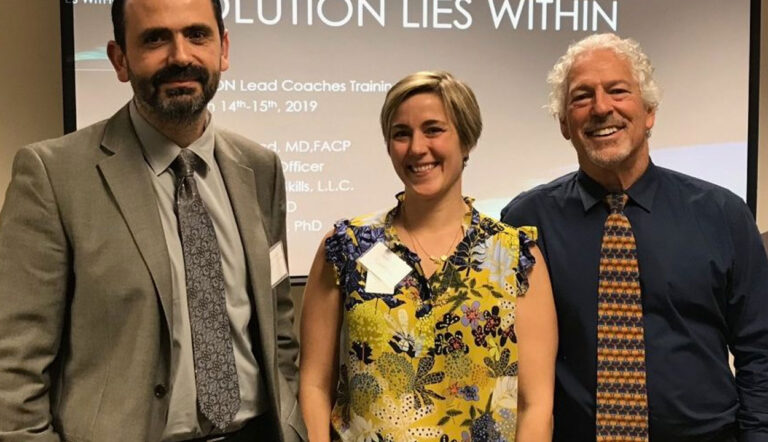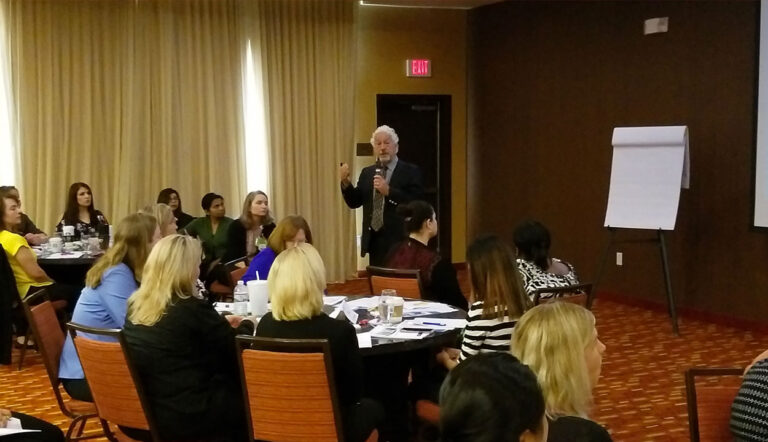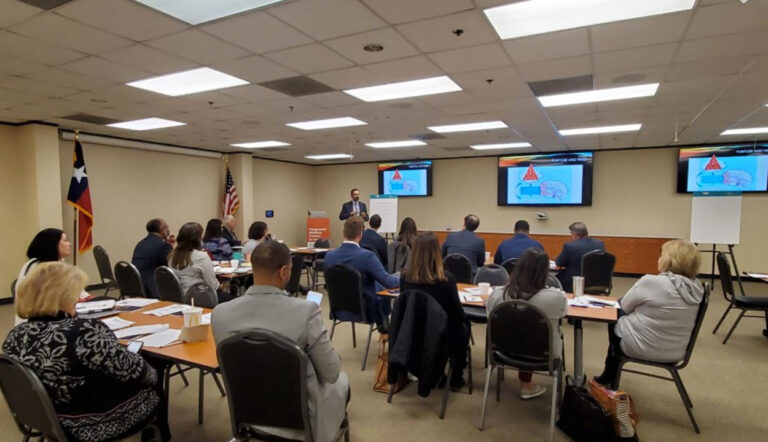Why Help Develop Physicians as Healthcare executives and Leaders?
- Why develop physician leaders?
- What are some of the issues in their development?
- How do we develop physicians as executives and leaders?
- Why is coaching an answer?
- “An effective teamwork is now globally recognized as an essential tool for constructing a more effective and patient-centered health care delivery system.” (Babiker et al, 2014)
- Modern health care and its rapidly evolving complexity is the driving force behind the transition of health care providers’ from being soloists to team members who share a common aim. (Micthell et al, 2012.)
- Why develop physician leaders and communicators? ((van de Riet et al, 2019, Rotenstein, Sadun & Jena, 2018, Satiani & Prakash, 2016)
- Better patient outcomes
- Decreased mortality
- Increased financial rewards to the organization
- Decreased rates of burnout
- Healthier physicians
- Improved quality of care
- Enhanced patient safety
What physicians/Literature say
- In 2018, Kane and Cyr surveyed physicians who identified the following as important competencies for them in their roles as managers and leaders:
- Financial literacy
- Strategic thinking
- Change leadership
- Organizational awareness
- Analytic thinking
- Collaboration
- Communication
- Self-development
- Project management
- Performance management
- The two major skills that are important are interpersonal literacy and system literacy. (HBR, 2018)
- The second literacy, system literacy, helps physicians understand the business of healthcare organizations with topics related to insurance structure costs and patient encounters.
- More and more of the physicians’ responsibilities are on understanding and acting on safety and quality principles.
- Last but not least, physicians must not only be comfortable in recognizing and addressing errors, but that they need the skills and abilities to do so ((Rotenstein, Sadun & Jena, 2018).
- The first literacy, the interpersonal literacy, includes abilities related to:
- Giving feedback and coaching
- Effectively coordinating teams
- Displaying emotional intelligence and interprofessional communication.
- The need and centrality of these skills have been recognized by institutions such as the National Health Service, the AMA and the Canadian College of Health Leaders.
- Challenges of the organizations and physicians
- To be able to navigate the identity of physicians
- Maximize their training
- Influence their thought processes
- Develop their leadership skills
- Understand the new landscape of the profession and business of medicine
Physicians have certain characteristics emphasized during their training that help them develop an attitude of working on their own rather than developing abilities for collaboration with others. (Stoller et al, 2019). During their training, physicians:
- Emphasize their own individual performance
- Their own growth
- Value their autonomy
- Have a difficult time seeing themselves as “followers” with little value given to leaders within their own institution.
- Physicians experience extended subordination with long and hierarchical training.
- Most physician evaluations are based on individual performance, not team or group based.
- How do we develop physicians as executives and leaders?





